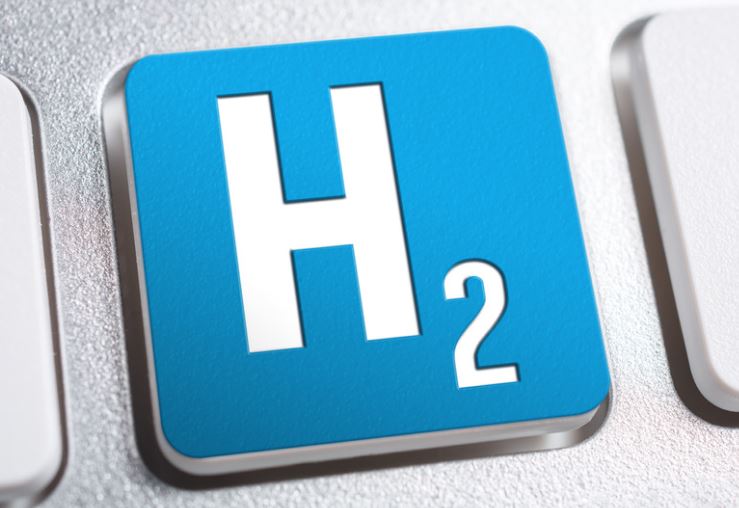Researchers from the University of Cordoba have unveiled a novel consortium of algae and bacteria that exhibits unparalleled efficiency in hydrogen production.
The primary objective of the University of Cordoba’s research endeavor is to explore alternative pathways for hydrogen production that align with principles of sustainability and circular economy. By harnessing the synergistic relationship between algae and bacteria, researchers aim to unlock the full potential of hydrogen as a clean and renewable energy source while simultaneously addressing environmental challenges such as wastewater remediation.
The consortium comprises the Chlamydomonas reinhardtii algae model and three bacteria strains: Microbacterium forte sp. nov., Bacillus cereus, and Stenotrophomonas goyi sp. nov. This unique combination of microorganisms exhibits exceptional capabilities in biomass production and hydrogen generation, surpassing previous benchmarks in hydrogen yield.
The discovery of this algae-bacteria consortium represents a significant leap forward in the quest for sustainable hydrogen production methods. By leveraging natural biological processes, researchers have demonstrated the feasibility of producing hydrogen while simultaneously purifying wastewater and generating biomass. This multifaceted approach not only addresses the growing demand for clean energy but also contributes to environmental conservation and resource optimization.





